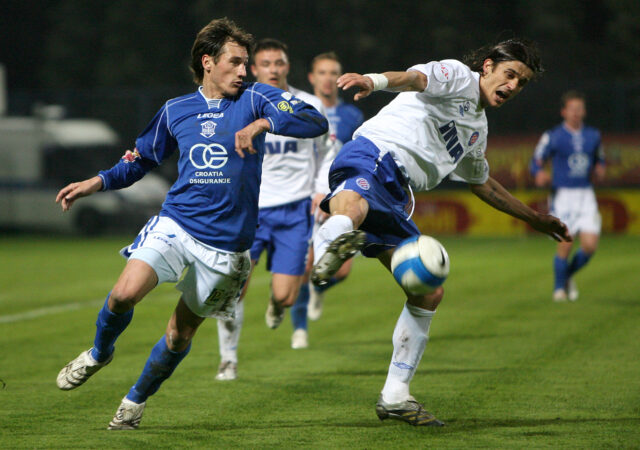
The crucial role of a coach in conflict situations
Coaches don’t like conflict. They’ll do everything they can to avoid tension in the changing rooms. Naturally conflict with players or colleagues isn’t good at all, and should be avoided at all costs. No matter how bad things become, sometimes the consequences for the team can be useful. There’s never complete harmony in the team.
Football is a game where only eleven actually play. The apparent team harmony only lasts for as long as the team is winning. With the first defeat, along come the first signs of tension. The role of a coach in a conflict situation is therefore crucial. He has to use his authority and competence to maintain the unified spirit of his team. What does that actually mean? This means a coach must be decisive and be open to cooperation and compromise. If through conflict a coach turns out to be in the wrong, he has to be reasonable and willing to accept his mistake, and ready to listen and consider a better proposal. It’s obvious that different situations require different procedures from coaches.
In your career, were you ever in a situation where your players’ suggestions to resolving a problem were better than yours?
A well sought quality of a coach is the willingness to accept things, even when he may not be pleased with it. I know it’s a terrible kick to the ego, especially when you hear it from a player. When you listen to something that you don’t like, don’t immediately defend or deny it and try to stay away from sarcasm. In conflict situations, always trying to emphasise the importance of the contribution of the entire team in order to achieve the club’s goals is always more important than the achievement of the individual targets of disgruntled players or coaches.
